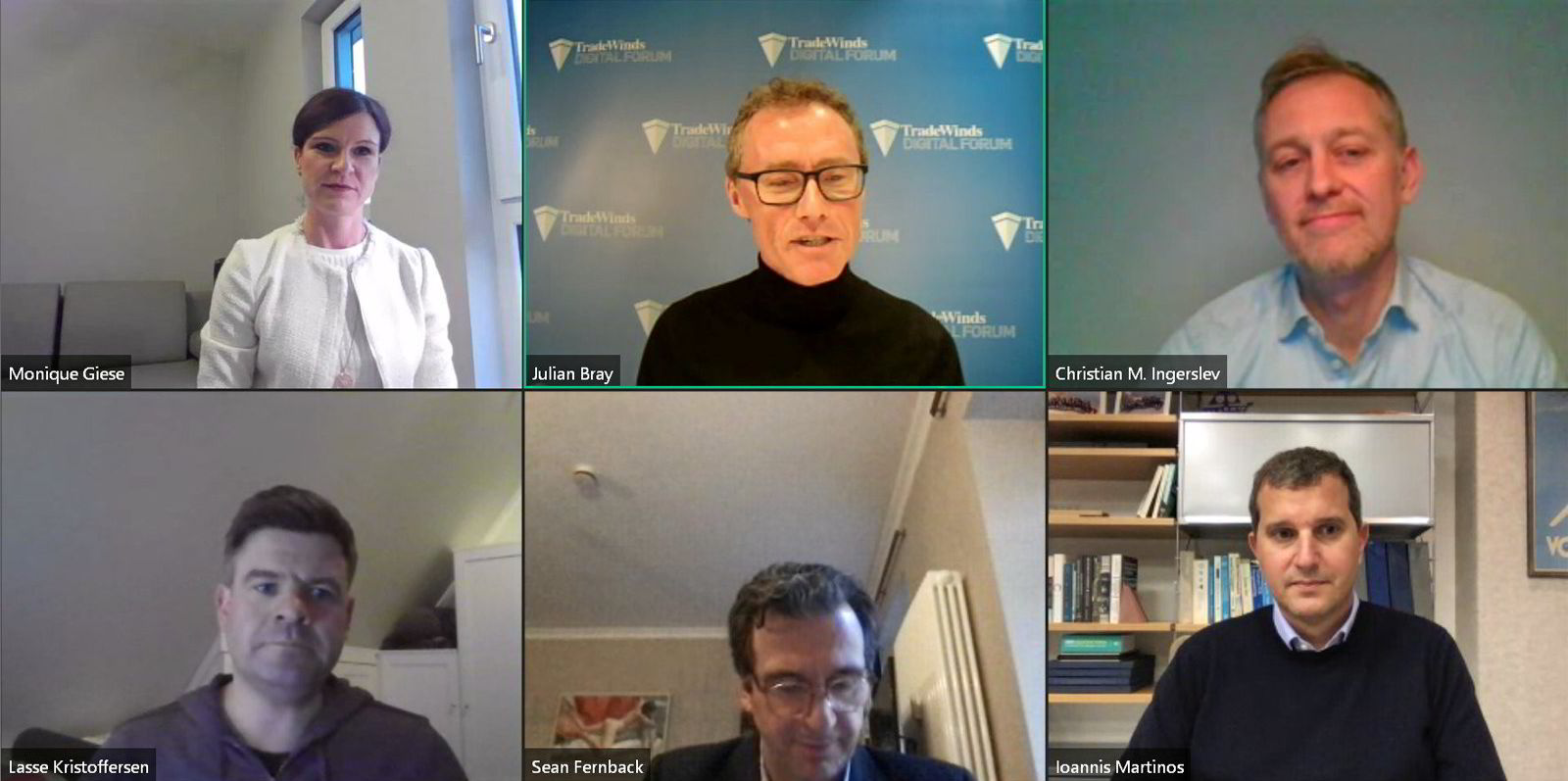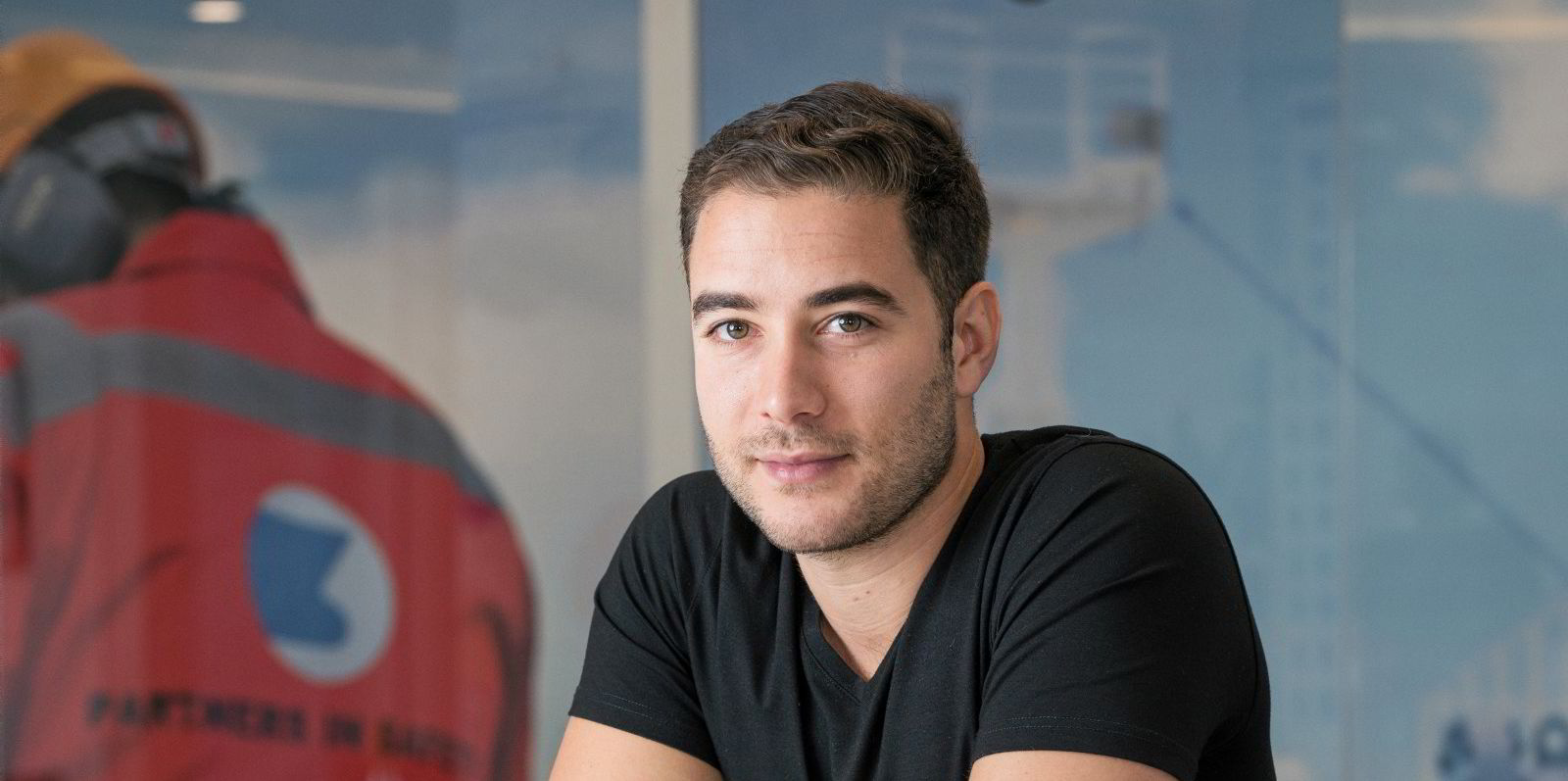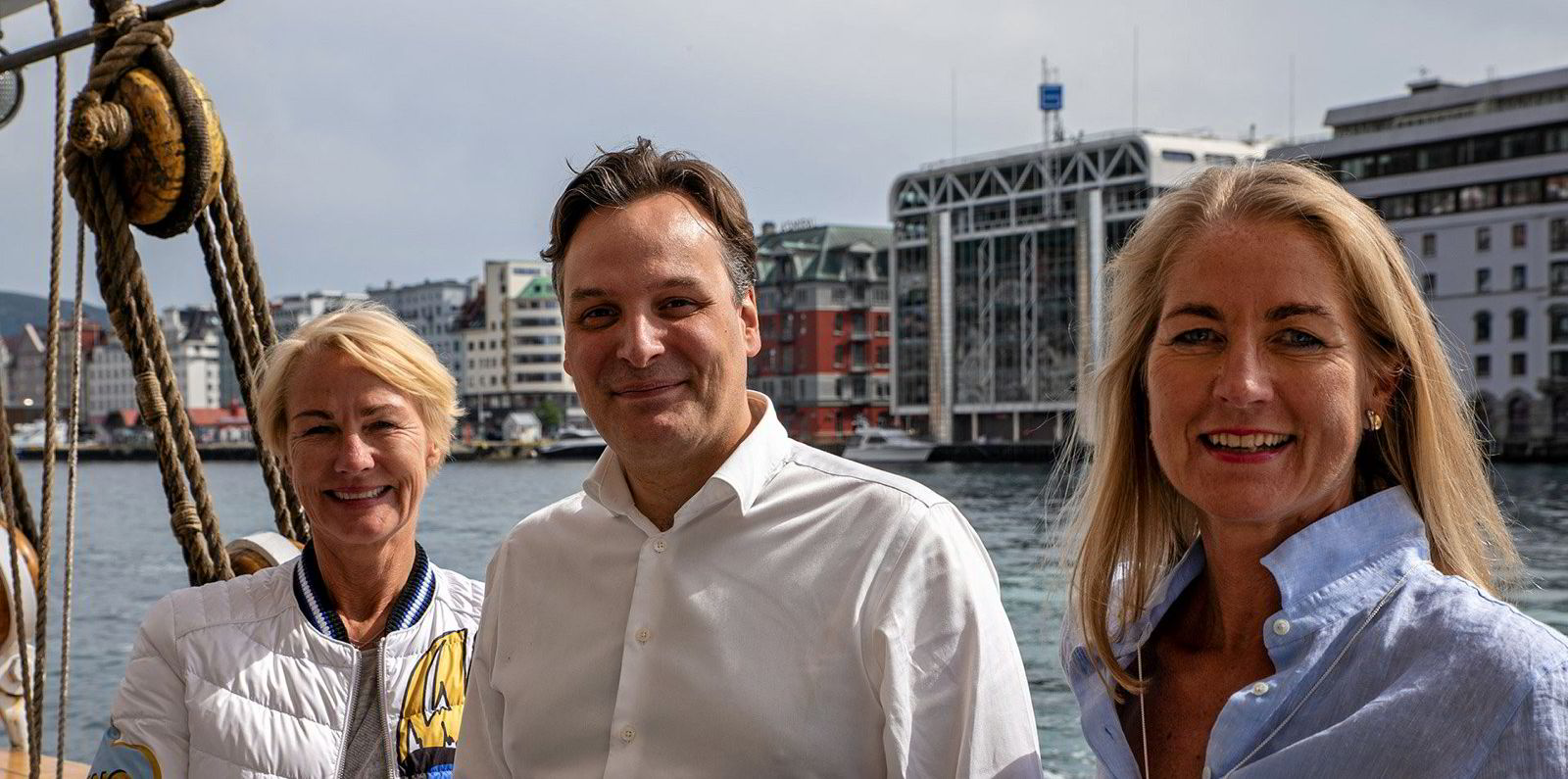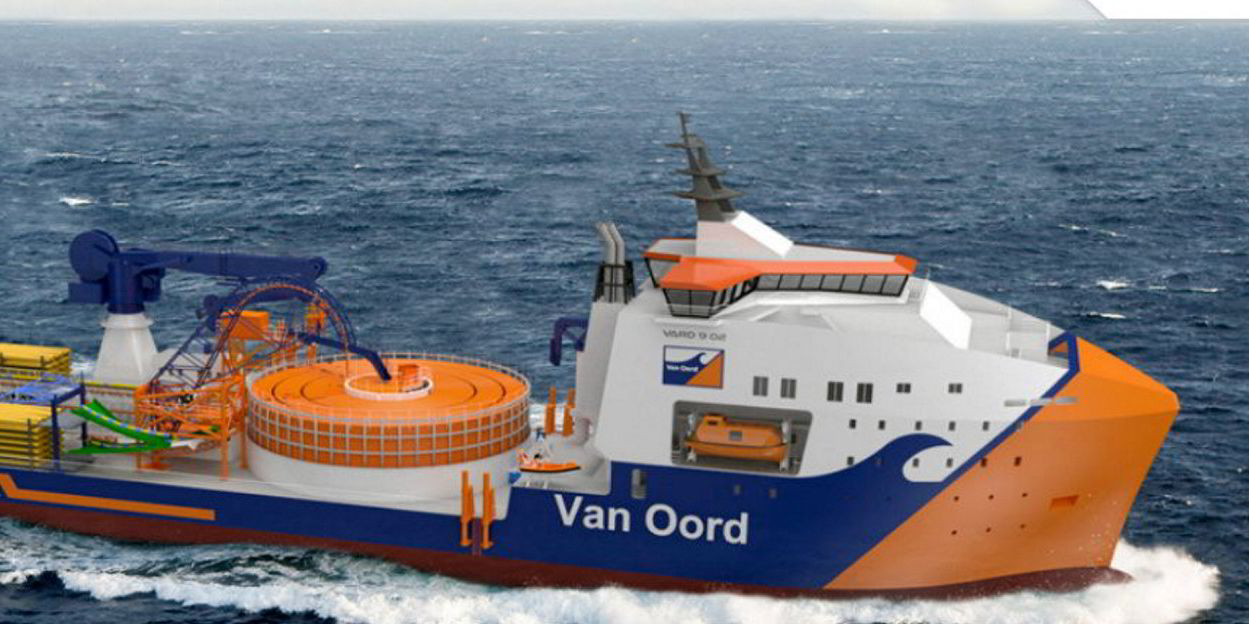Shipowners have been urged to collaborate on digital solutions to boost the industry's efficiency.
But shipping players taking part in TradeWinds latest webinar also explained the limits to cooperation as common interest clashes with the decidedly old-school impulse to maintain a commercial edge over rivals.
Monique Giese, global head of shipping at consultants KPMG, told the digital forum that shipping needs to understand the value of its data.
"Data has taken the place of oil as the world's most valuable asset," she said.
"We are moving in a very data-rich environment in shipping. We cannot achieve efficiency in operation without this data."
Giese stressed the importance of data-sharing with potential competitors, freight forwarders, ports, and authorities, "because otherwise it's not going to work efficiently".
Customers will drive this increasing openness, she said, while admitting: "Shipping is not very famous for transparency."
All going their own way
Past business models have been based on opacity, and Giese sees no collaboration currently.
"Everyone wants to find his own way. The solutions are there, but they are not working together and I can't understand that," she said.
Ioannis Martinos, chief executive of chartering platform provider Signal Group, said: "Data is also the new snake oil sometimes."
But he added that if applied correctly, it will bring results.
Signal itself has not yet paid off its investment in its products, but Martinos said its innovations were showing real promise and real value and will be a long-term project.
The Thenamaris family scion referred to the issue of collaboration running up against human nature.
He said Signal's aframax chartering platform is a tool, not an information source, allowing clients to use their own data.
"We want to respect that market structure. We think maintaining that edge is something that the market wants, something that is not going to go away easily," the CEO added.
No total transparency
He believes there will be no end-to-end transparency in the supply chain.
"But we can still efficiently run an industry," he said.
"Each firm has its edge. We don't want to change human nature, we just want to put the tools in their hands in order to do their job better," Martinos added.
"We're not trying to disrupt everything we're just trying to assist."
Denmark's Maersk Tankers has a more cooperative approach to its technical management services.
There will not be one platform, there will be many, and many different kinds of layers. If we're sitting back and waiting for collaboration, this industry will die, it will never happen.
Lasse Kristoffersen
"We are working in a sector, tankers, which for an extended period of time had the unfortunate stamp of not generating any meaningful return for its owners," said CEO Christian M Ingerslev.
"We have to find new ways of creating the transparency and the clarity around our decision making that makes it attractive to invest in this industry," he told the webinar.
Ingerslev added that finding the perfect combination between people and data is important.
Lasse Kristoffersen, CEO of Norwegian owner Torvald Klaveness, said shipping is "just at the very, very beginning" of digitalisation.
"The shipping industry doesn't make money," he added, explaining that over the last 10 years the average return on all shipping stocks is zero, with tech the only area showing growth.
"You won't see that in the shipping industry yet," the CEO added. "We are data rich but we are miles away from being data smart and that is something quite different."
Sean Fernback, CEO of Wartsila Voyage, said the fundamentals in the sector need to change.
"It's a very small industry. Quality and value of data only really goes up with scale," he added.
"There've been some signs of talks and collaborations recently, but it needs to come up higher on the agenda."
He also said of shipping: "There's no liquidity in it. Getting people to invest in tech to save money is a very difficult conversation."
One platform to rule them all?
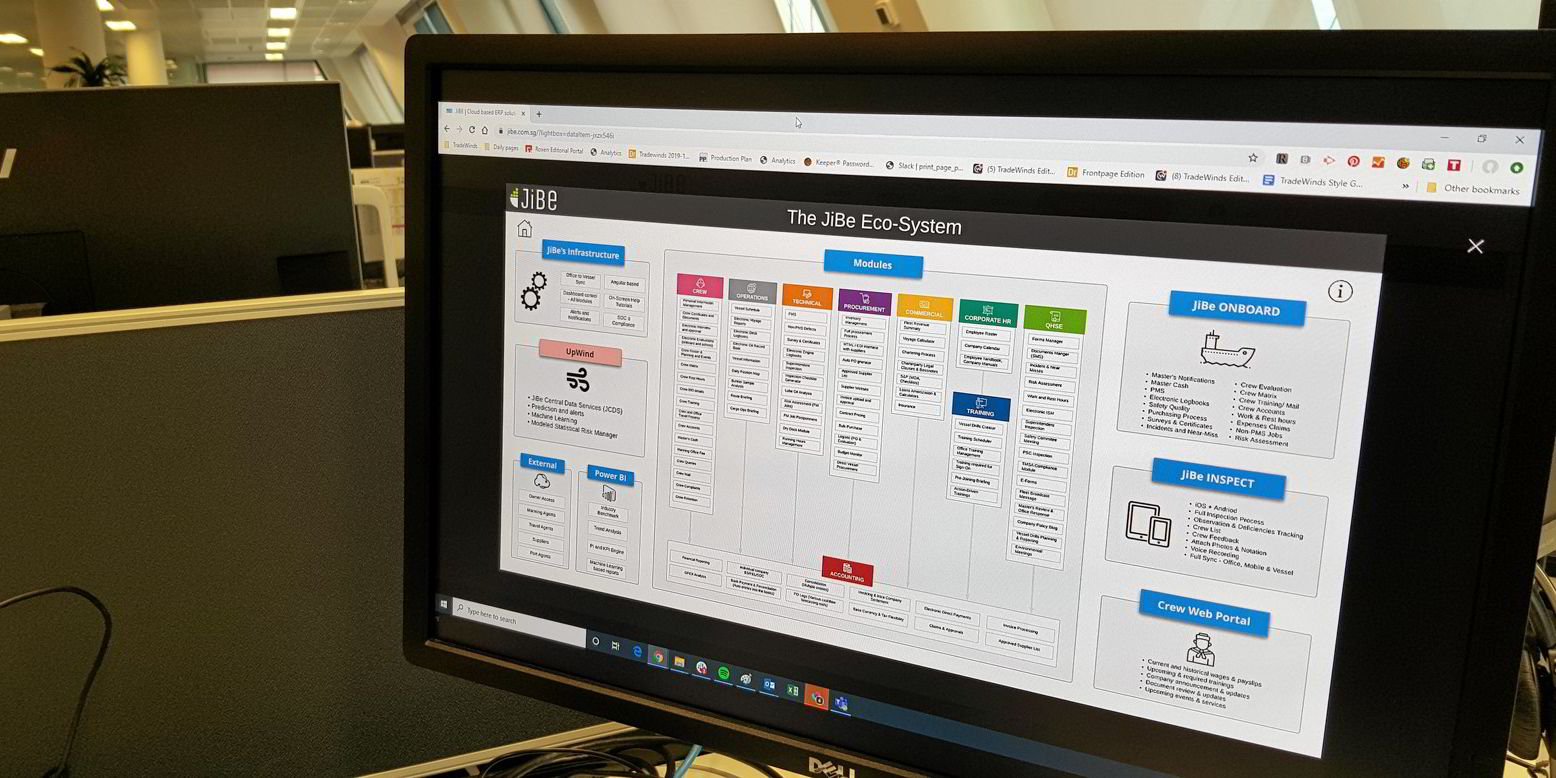
Cruiseship companies have invested heavily, Fernback explained, and some conventional shipping players like AP Moller-Maersk, CMA CGM, Shell and Anglo-Eastern have also had the necessary financial muscle to be pioneers.
Fernback talked of the need for systems to be integrated on vessels, prompting Kristoffersen to say: "There will not be one platform, there will be many, and many different kinds of layers.
"If we're sitting back and waiting for collaboration, this industry will die, it will never happen."
Less than 50?
The Klaveness boss argued change will come from each company looking at solving problems.
Fernback agreed, saying "there won't be a single platform but there won't be 50". The uncertain thing is where the number lies between those two figures, he said.
Ingerslev added: "Technology has to bring us closer, there is no other choice. You have to make it valuable for people to share data."
He said that Maersk Tankers has persuaded a number of clients to share data with the promise that it would be enriched.
Make your argument
But he added: "It takes a long time to get access to the data, but through a dialogue our aim is to get much closer. We will build trust and they will see by sharing their data we will add more value to their business."
Ingerslev said many digital solutions can be created where the company itself can see how it can make money.
But if you cannot demonstrate to customers why they should use your systems, "you're going to get nowhere", he added.
New people and new skills have to come into the industry, but Martinos warned: "It's very difficult to add value if you don't understand the business."
